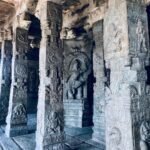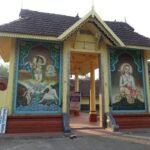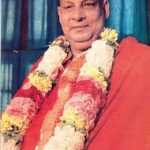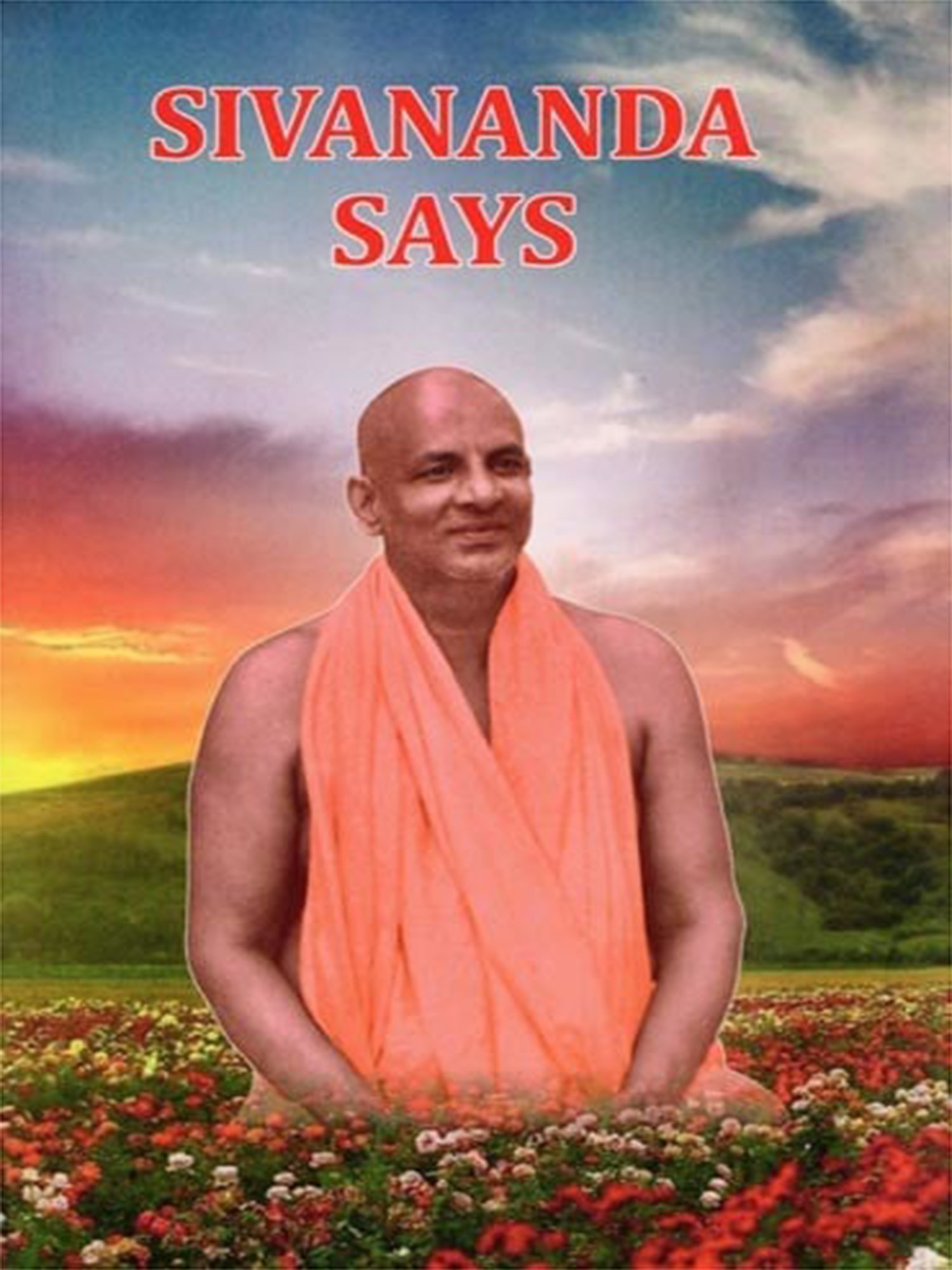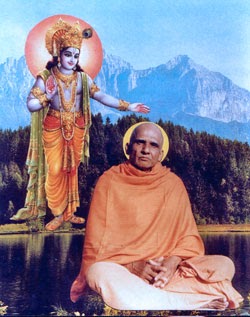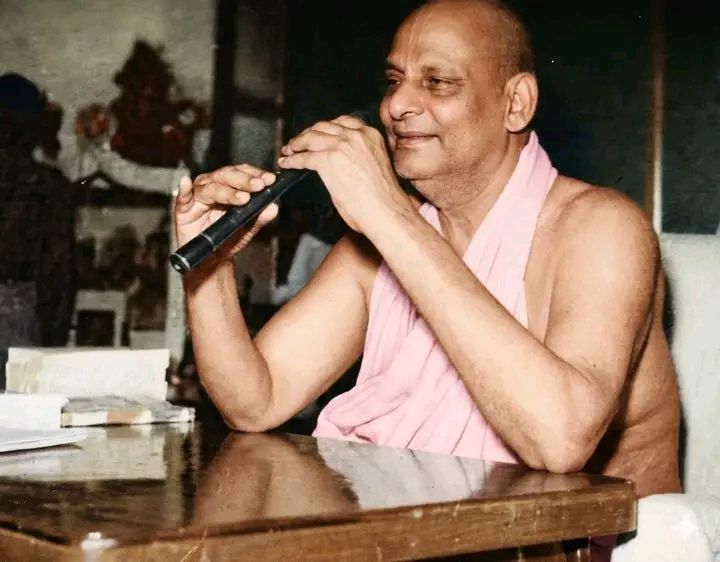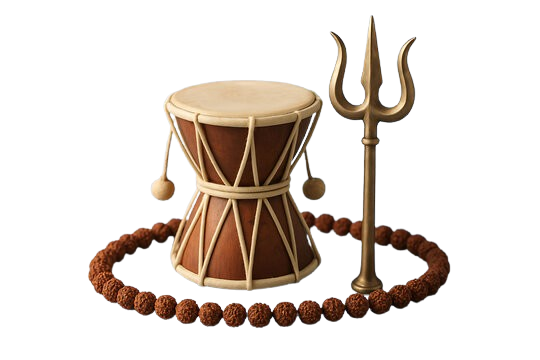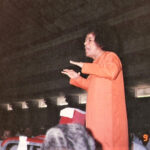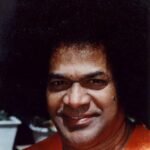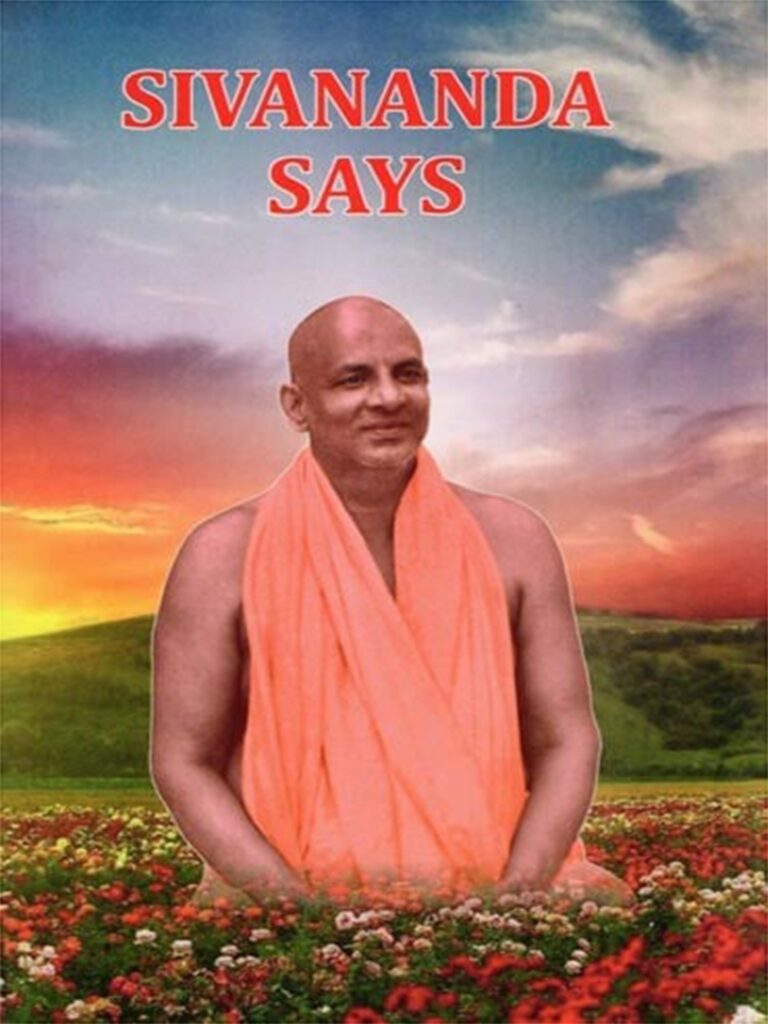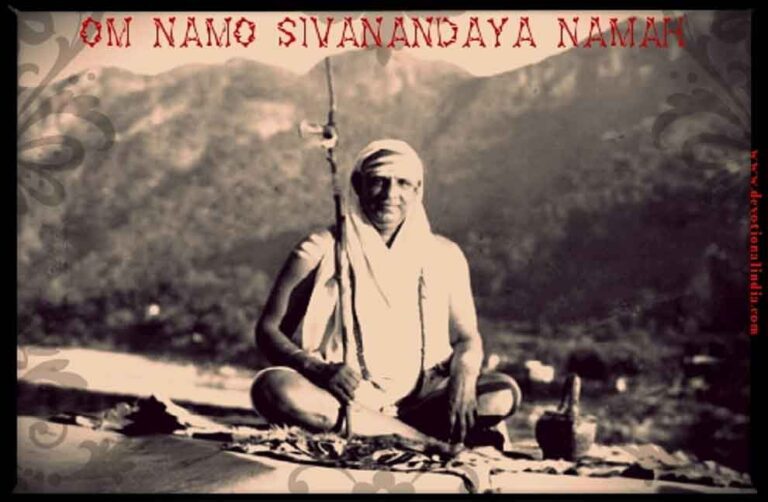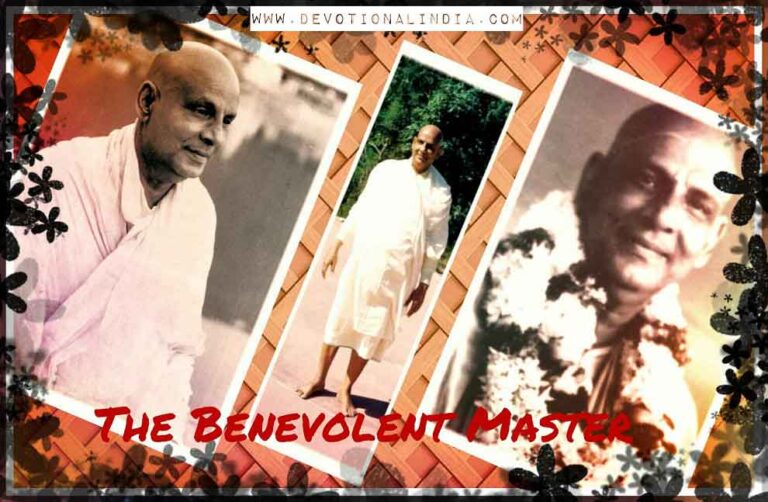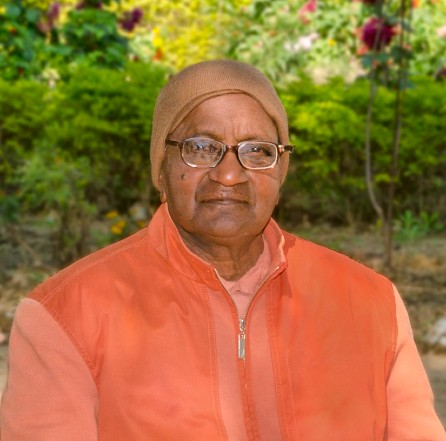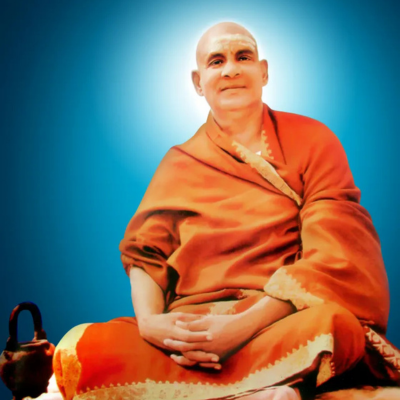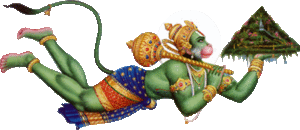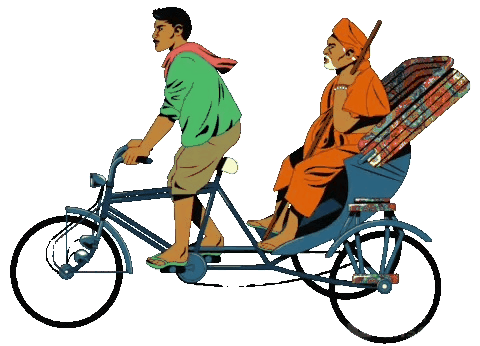Sant Durvasa Rishi
Sant Durvasa Rishi

Role In The Churning Of The Ocean
The story in the Vishnu Purana goes that Durvasa, while wandering the earth in a state of ecstasy due to a vow he was observing, came by aô Vidyadhariô (a nymph of the air) and demanded of her a heavenly wreath of flowers she was wearing. The nymph respectfully gave the garland to the sage, whereupon he wore it on his brow. Resuming his wanderings, the sage came across Indra riding his elephant,ô Airavata, attended by the gods. Durvasa, still in his state of frenzy, threw the garland at Indra, who caught it and placed it on Airavata’s head. The elephant was irritated by the fragrance of the nectar in the flowers, so it threw the garland to the ground with its trunk.
Durvasa was enraged to see his gift treated so callously and cursed Indra that he would be cast down from his position of dominion over theô three worlds, just as the garland was cast down. Indra immediately begged Durvasa’s forgiveness, but the sage refused to retract or even soften his curse and went on his way. Because of the curse, Indra and the Devas were diminished in strength and shorn of their lustre. Seizing this opportunity, the asuras led byô Baliô waged war against the Devas. The Devas were routed and turned to Brahma for help. Brahma directed them to seek refuge with Vishnu. Vishnu in turn, advised them to call a truce with the Asuras and work together with them to churn Kshira Sagar, theô ocean of milkô and obtain theô Amritaô (nectar of immortality), on the pretext of sharing it with them. Vishnu promised that he would ensure only the Devas drank Amrita and reobtain their former power so they could once again defeat the Asuras. The Devas took Vishnu’s advice and called their truce with the asuras and thus did the Devas and Asuras begin planning their great enterprise.
Meeting With Ambarisha
In the Bhagavata Purana, Ambarisha was a great devotee of Vishnu who adhered firmly to the truth. He performed a Yajna with such great devotional fervour that Narayana was pleased to bless him with his Sudarshana Chakra (“Sudarshana” meaning “good-looking” or “beautiful”), as a shield of protection over him. Once, Ambarisha performed a religious rite known as the Ekadashi and Dvadashi Vrata, for 1 year (i.e. the king would fast on the 11th day of every half lunar month and break his fast the next day). After observing this practice for a year, he took up a final fast of 3 days and nights to conclude the rite. As the moment for breaking this fast drew near, sage Durvasa arrived where Ambarisha was and the king received him with due respect. Durvasa agreed to the king’s request to be his honoured guest and asked the king to wait until he had finished his bath in the river Yamuna. The auspicious moment soon arrived when the king had to break his fast to fulfill his vow, but Durvasa had not yet returned from his bath. Ambarisha was in a dilemma, as, on the one hand, it was impolite to take food before serving a guest, but on the other, the time had come for the fast to be broken. After consulting his priests, the king broke his fast by taking a sip of water and awaited Durvasa’s arrival to offer him food.
Durvasa felt that Ambarisha had violated the respect due to a guest by breaking his fast before the guest had taken his meal and in his rage created a demon to kill Ambarisha, out of a strand of his hair. Narayana’s Sudarshana Chakra intervened, destroyed the demon and started chasing Durvasa himself. Durvasa went to Brahma and Shiva for protection. Both pleaded their inability to save him. Durvasa next went to Narayana himself, who said that he could do nothing as he was bound by the blemishless devotion of Ambarisha and suggested that the sage seek the king’s pardon. Durvasa took this advice and returned to Ambarisha, who prayed to Vishnu to recall the Sudarshana and save the sage, whereby the discus ceased to afflict him.

In the Uttara Kanda of Valmiki’s Ramayana, Durvasa appears at Rama’s doorstep and seeing Lakshmana guarding the door, demands an audience with Rama.
After invokingô Surya, the son god, she bore her first son,ô Karna. Fearing the fate of an unwed mother, she placed the newborn in a basket and set him afloat down a river. The infant Karna was later found and raised byô Adhiratha, a charioteer for the monarch ofô Hastinapur, and his wife Radha. Soon after this episode, Kunti was married to Pandu, the king of Hastinapur, and, by invoking those same mantras taught to her by Durvasa, she bore the three eldest of Pandu’s five sons. Karna would go on to become an accomplished warrior and a formidable adversary of the Pandavas. This enmity would eventually culminate in his death on theô battlefield of Kurukshetraô at the hands ofô Arjuna, his younger brother, who was unaware of their fraternal bond.
Source – vyasaonline

